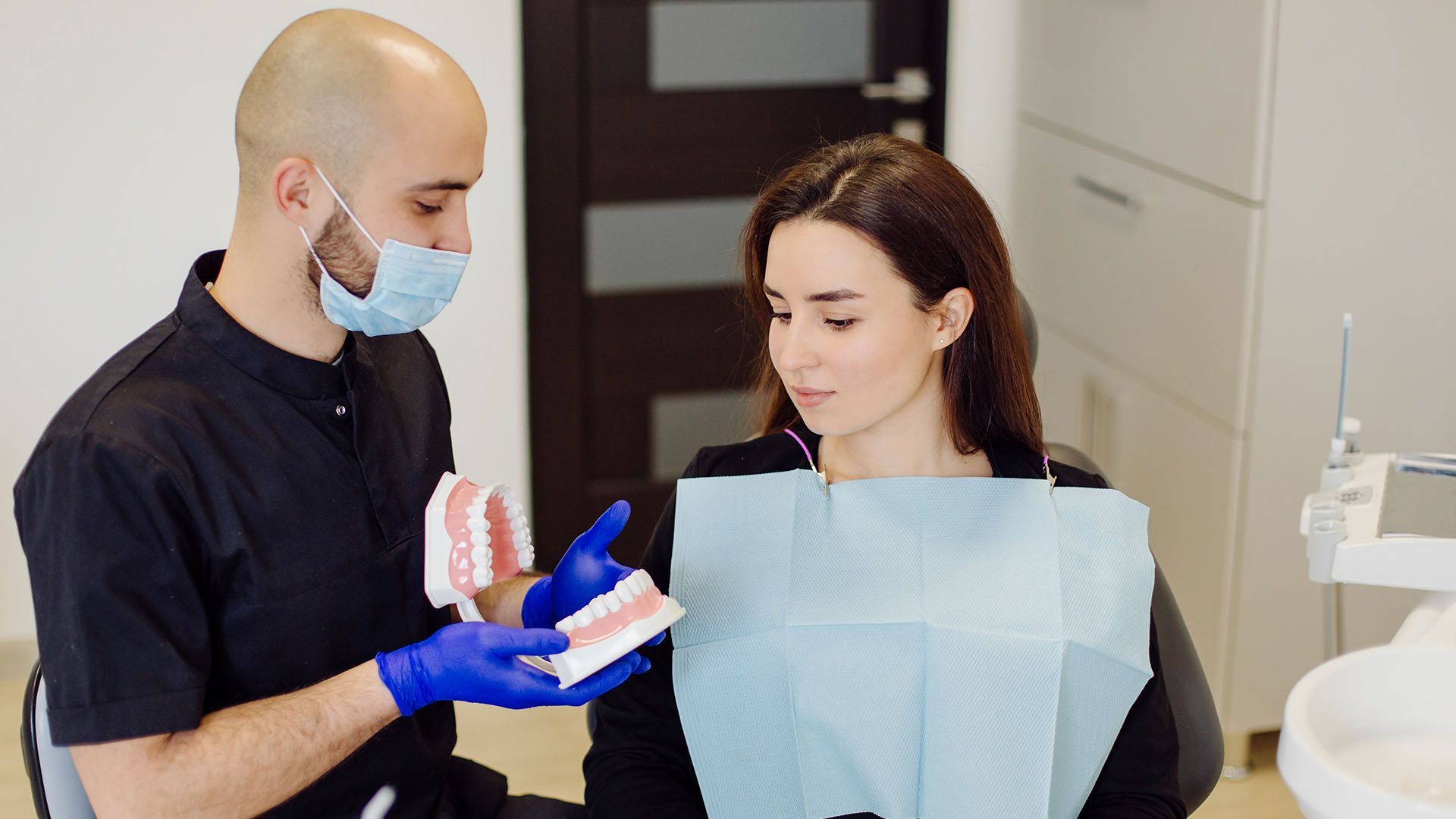Will I Be Put to Sleep for Wisdom Teeth Removal?

One of the most common questions patients have before wisdom teeth removal is: "Will I be awake or asleep during the procedure?" The answer depends on the complexity of the extraction and the type of sedation or anesthesia used. Let’s break it down so you know exactly what to expect.
Understanding Sedation for Wisdom Teeth Removal
Sedation is often recommended for wisdom teeth removal to reduce anxiety, prevent pain, and allow the oral surgeon to perform the procedure with precision. The type of sedation you receive will depend on several factors, including your comfort level and the specifics of your case.
Types of Sedation and Anesthesia Used
Local Anesthesia
Local anesthesia is injected directly into the area near the wisdom teeth. It numbs the surgical site so you won't feel pain, but you remain fully awake and aware. This option is usually best for simple extractions and patients who are not anxious about dental procedures.
Nitrous Oxide (Laughing Gas)
This is a mild sedative inhaled through a mask. It helps you relax but doesn’t put you to sleep. Nitrous oxide is often combined with local anesthesia for a more comfortable experience. You remain conscious but calm, and its effects wear off quickly after the procedure.
IV Sedation (Twilight Sedation)
With IV sedation, medication is administered through a vein. You are technically awake, but deeply relaxed—most patients don’t remember the procedure at all. It’s commonly referred to as “twilight sleep” and is ideal for patients with anxiety or when multiple teeth are being removed.
General Anesthesia
General anesthesia puts you into a controlled state of unconsciousness. You won’t be awake, aware, or feel anything during the procedure. This option is reserved for more complex or lengthy extractions and is always closely monitored by a trained provider.
Factors That Determine Sedation Choice
Every patient is different, and your oral surgeon will consider several factors before recommending a sedation method:
- Patient anxiety levels: If you’re especially nervous, sedation may be helpful.
- Medical history: Some health conditions can affect your options.
- Number and position of wisdom teeth: More complex extractions may require deeper sedation.
- Oral surgeon recommendation: Based on their experience and your unique case.
What to Expect If You’re Asleep During the Procedure
Before the Procedure:
You’ll receive instructions about fasting and medication beforehand. You’ll also have a consultation to go over your medical history and sedation plan.
During the Procedure:
If you’re under IV or general anesthesia, you’ll be monitored throughout to ensure your safety. You won’t feel pain or remember the surgery.
After the Procedure:
You may feel drowsy and need time to fully wake up. Your care team will provide post-op instructions to manage pain, swelling, and recovery.
Is It Safe to Be Asleep During Wisdom Tooth Removal?
Yes. Oral surgeons follow strict safety protocols for all sedation levels. Whether it’s IV sedation or general anesthesia, your vital signs are monitored continuously, and medications are administered by certified professionals trained in dental anesthesia.
Questions to Ask Your Oral Surgeon
- What sedation method do you recommend for me?
- How will I feel during and after the procedure?
- What are the risks and benefits of each option?
Discussing these questions will help you feel confident and informed about your treatment plan.
Conclusion
Whether you’ll be asleep during wisdom teeth removal depends on your needs and the type of sedation selected. From staying awake with local anesthesia to sleeping through the procedure under general anesthesia, all options are safe and effective when handled by a qualified oral surgeon. The key is to talk with your provider, express your concerns, and find the right approach for your comfort and safety.

Frequently Asked Questions
Do they put you to sleep while getting your wisdom teeth removed?
It depends. Some patients are fully asleep under general anesthesia or IV sedation, while others stay awake with local anesthesia and nitrous oxide. Your oral surgeon will recommend the best option based on your needs and anxiety level.
How bad does wisdom teeth removal hurt?
The procedure itself is painless thanks to anesthesia or sedation. Afterward, you may experience mild to moderate discomfort, swelling, or soreness, which typically lasts 2–3 days and is manageable with prescribed or over-the-counter pain medication.
How soon can you talk after wisdom teeth removal?
You can usually speak within a few hours after surgery once the numbness starts to wear off. However, it’s best to limit talking for the first day to avoid irritating the surgical sites and to aid in healing.
How long does wisdom teeth removal take?
The procedure typically takes 30 to 60 minutes, depending on how many teeth are being removed and their position. More complex extractions may take slightly longer.
Can I drive after wisdom teeth removal?
If you receive IV sedation or general anesthesia, you cannot drive for at least 24 hours and will need someone to take you home. If only local anesthesia was used, you may be able to drive afterward—check with your oral surgeon first.








